10-day paid bereavement leave proposed in the Philippines

Workers in both private and public sectors may soon be granted a 10-day bereavement leave with full pay if a proposed bill becomes law.
Employers’ body calls for “right to manage” workers in the Philippines

The Employers Confederation of the Philippines (ECoP) has called for measures to protect employers’ rights to manage their businesses and workers.
Employers in the Philippines seek review of old labour policies

Employers have called on the government to reform outdated regulations and rethink existing investment incentives towards investment-led economic growth.
MSMEs key to creating jobs in the Philippines

Growing micro, small and medium enterprises (MSMEs) will help create job opportunities in the country, said non-profit organisation Go Negosyo.
Employers should have option of retaining retirees in the Philippines

The hiring and retaining of workers past retirement age should not be mandated and instead be left to the discretion of employers.
Lawmaker pushes for unemployment insurance in the Philippines

A new bill seeks to protect workers who have been laid off by providing assistance during periods of unemployment.
Increase in the number of elderly workers in the Philippines

Workers aged 65 and above increased to 38.2% in June, up from 34.9% in May, according to the Philippine Statistics Authority (PSA).
Employees in the Philippines can choose to extend working life

A new bill has been filed to repeal the compulsory retirement age of 65 years to allow employees to continue working if they want and are able to.
Creating a competitive digital workforce in the Philippines

A new bill to prepare more Filipinos for jobs through education and training on digital skills has lapsed into law, said Senate President Juan Miguel Zubiri.
Lawmaker calls for 14th month pay in the Philippines
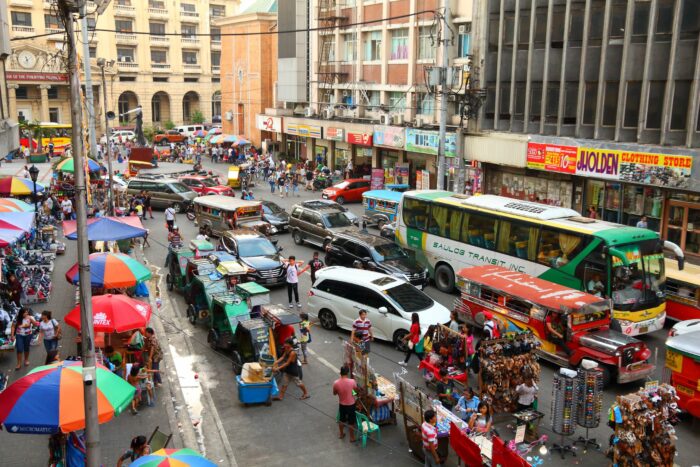
A lawmaker has filed a bill pushing for a 14th month pay for all employees in the public and private sectors amid rising inflation.
Jobs creation and skills development prioritised in the Philippines

Employers that are signatories to the 1 Million Jobs (1MJ) manifesto will flesh out their plans and strategies to create quality employment.
Upskilling of workers a priority in the Philippines

Besides upskilling workers, the government also intends to address the jobs mismatch issue and boost jobs creation in the country.
More job opportunities for disabled workers in the Philippines
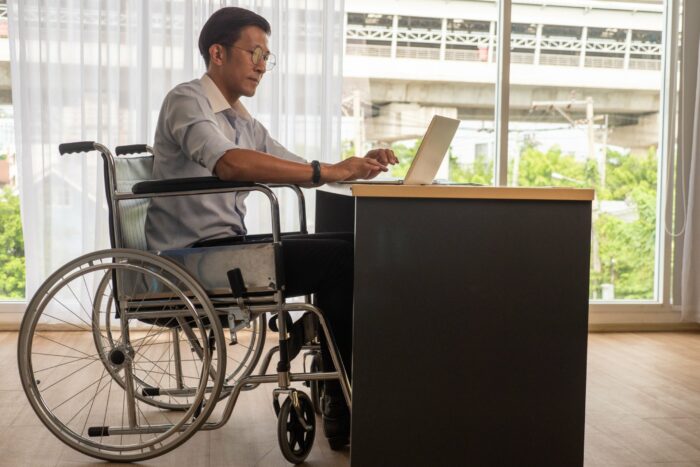
Under the country’s regulations, at least 1% of all positions in government agencies, offices, or corporations should be reserved for PWDs.
Non-wage benefits considered in the Philippines

The Philippines’ labour department eyes private sector assistance for worker benefits to alleviate rising cost of living.
Employees in the Philippines to receive upskilling opportunities

Firms are encouraged to tap into Philippine Skills Framework to help their employees improve their hard and soft skills.
Civil servants in the Philippines offered flexible work options

Government agencies can now implement alternative work arrangements at any time for some 1.7 million employees regardless of their status of appointment.
Transition to flexible work begins in the Philippines

Starting from June 15, new flexible work arrangements (FWA) in the public sector will cover 1.7 million employees.
Employers and workers reject approved pay hike in the Philippines

Wage hikes ranging between P30 (US$0.78) and P110 (US$2.86) are set to take effect in at least 14 regions this month.
Philippines backs ILO’s call for safe and healthy working conditions

This comes as work hours globally have fallen in Q1’2022 by 3.8%, as compared to Q4’2019, an equivalent of 112 million full-time jobs.
Smaller businesses and ease of doing business prioritised in the Philippines

MSMEs account for over 99% of the country’s registered businesses, and generate about 63% of total jobs.
Companies in the Philippines urged to upscale digitalisation

Companies are also encouraged to ensure that workforce education matches the acceleration of digital technology.
Select regions in the Philippines to effect minimum wage increase
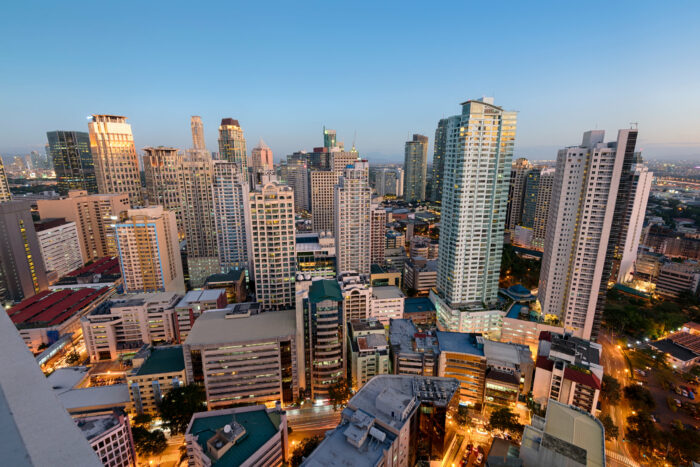
In Metro Manila, the revised minimum wage rate will be effective June 4, while the new wage rate will take effect on June 5 in Western Visayas.
Philippines partners ILO to boost worker productivity and employability

ILO will oversee the creation of training materials and provide capacity building for the national trainers endorsed by DOLE.
Minimum wage hike expected across regional boards in the Philippines
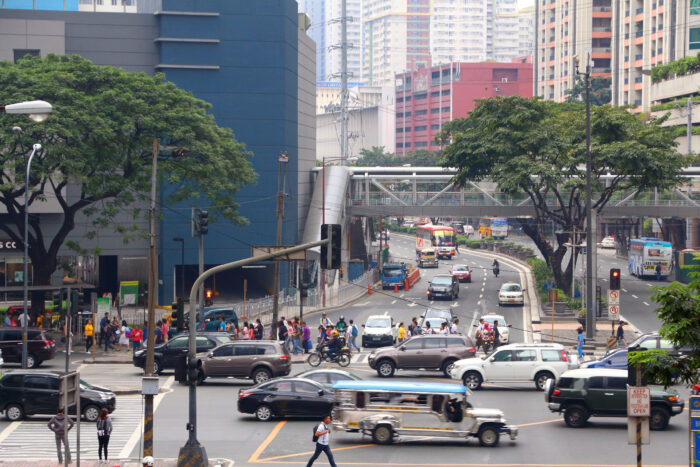
So far, the wage boards of Metro Manila and Western Visayas have approved the minimum wage hike in various sectors.
More jobs to be created for locals in the Philippines

Foreign direct investments that the Philippines secured last year would generate more employment, said the Department of Trade and Industry.
Regional partnership to bolster digitalisation of MSMEs

The Philippines and Singapore will also address how MSMEs in emerging markets continue to be underserved.
Learning platform allows MSMEs in the Philippines to build digital skills

The ASEAN SME Academy 2.0 platform provides training and mentorship to MSMEs by featuring localised courses on topics of interest.
Employers in the Philippines told to maintain COVID-19 safety protocols

The Philippines labour department highlighted that it would be wrong for workplaces to start getting complacent against COVID-19.
Philippines government asked to expedite approval of wage subsidies

The wage subsidies will help stimulate consumer spending, which could help the government in its efforts to revive the economy.
Philippines trade union asks for minimum wage hike
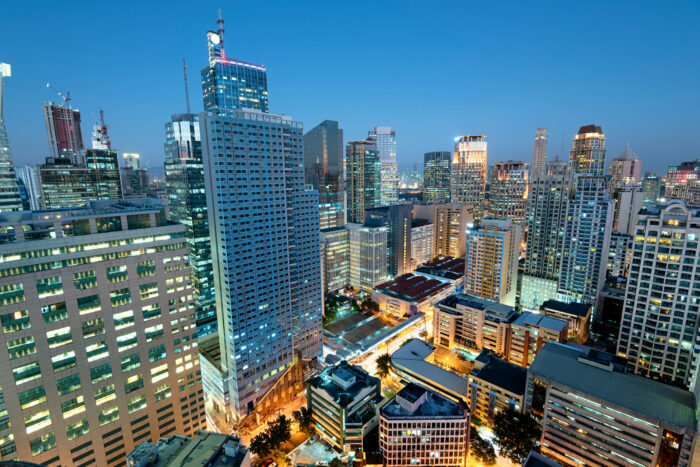
The Regional Tripartite Wages and Productivity Board has highlighted that the trade union’s request for a blanket pay hike is not within its jurisdiction.

